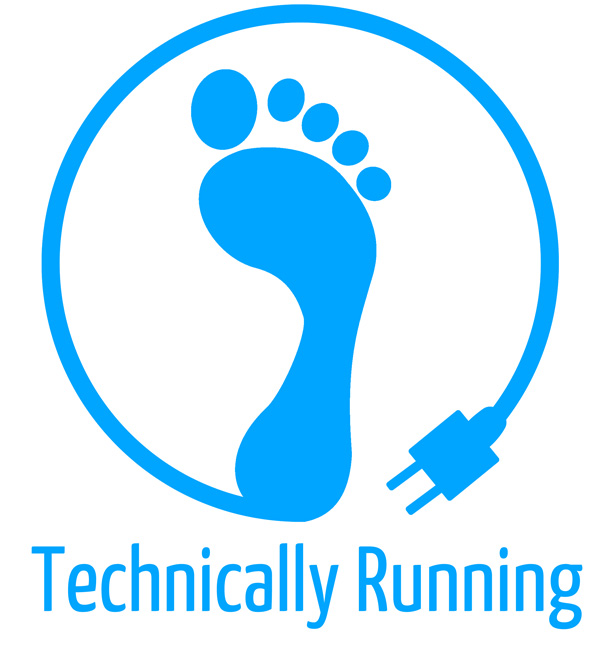It is week three, already, and that means it’s time for Carb Week!
Second only to Shark Week, this is the week that I was looking forward too. First, I love carbs. Bread, in my mind, is probably one of the greatest inventions in human history right after beer (which, incidentally, is also a carb and therefore fair game this week). Secondly, carbs have forever been labeled the quintessential athletic super fuel. I mean, I can’t count how many pre-race pasta feeds I’ve seen in my life.
But are carbohydrates really the greatest fuel for our bodies? From a biological standpoint, yes. Fat and protein primarily serve other purposes in the body and take many more steps to break down then carbohydrates.
 Carbs on the other hand are pure octane (The Science Behind Bonking) . In the stomach, they are broken down straight into glucose, and sent whizzing through our bloodstreams to power our bodies. We don’t just burn this glucose however, we horde it. Stockpiling reserves for when we need it later. After digestion, the liver quickly grabs and stores as much glucose as it can, typically about 100g, which is a pretty good stash: about four candy bars worth of sugar. The surplus then goes into your bloodstream where it travels to your muscles.
Carbs on the other hand are pure octane (The Science Behind Bonking) . In the stomach, they are broken down straight into glucose, and sent whizzing through our bloodstreams to power our bodies. We don’t just burn this glucose however, we horde it. Stockpiling reserves for when we need it later. After digestion, the liver quickly grabs and stores as much glucose as it can, typically about 100g, which is a pretty good stash: about four candy bars worth of sugar. The surplus then goes into your bloodstream where it travels to your muscles.
Your skeletal muscles are what power you through your runs, and despite being of utmost importance while running, they tend to be more peckish and hold on to another 100 g of glucose. Understanding this underlying biology helps us to better understand why some runs are more brutal than others.
Hitting the wall can come in many different forms based on your bodies glucose levels (Demystifying the BONK). The classic “bonk” is the muscle-glycogen bonk where mentally you feel like a rock star, but your body just quits. Then there is the low blood sugar crash, where your legs feel good, but mentally you just fizzle out and lose motivation. Finally, there is what is known as central fatigue, which is usually seen only in ultra athletes. Central fatigue is characterized by weakness, dizziness, tough labored breathing, and hallucinations.
Yeah. Freakin’ hallucinations. How crazy would it be to see phantom soldiers on horseback riding on the side of the road, or little purple men in the trees, which are the kinds of things reported during extreme athletic endeavors.
Personally, I haven’t quite hit the point on my bad runs when gremlins start chasing me, but based on how I feel, I think my bad runs are a combination of low muscle glycogen and low blood sugar caused by not eating for long stretches.
That being said, it is only week three and I plan to stick to my normal routine in order to keep everything equal. That means not frantically changing when and how much I eat so I’ll instantly get better results. You know, scientific rigor and all that. So, for the time being, I will gorge myself on delicious carbs, track my runs, and report back in a few days.
Running tip:
Rethink your route. Sometimes when a run starts to go bad, I begin to picture every upcoming twist, turn, and hill in my mind which just brings up feelings of dread. Try changing your route, even mid run. The novelty of a different road or path can do wonders for your mood and provide new challenges to peak your interest.
Images from FreeDigitalPhotos.net.
John is a retail management professional who loves history, philosophy, and pondering the deeper meaning of reality, and the universe around us. He is also believes that life should be enjoyed. John likes to read, and write in his spare time, and loves going on new adventures. He has been running for 3 years and has finished 9 half marathons, one full, as well as a few 5 and 10k’s.


